M4 relief road: Proposals cost £114m before scheme was axed
- Published
- comments

The £114m costs include money spent on a public inquiry
The axed M4 relief road motorway project has cost taxpayers £114m since 2013, the Welsh Government has said.
First Minister Mark Drakeford scrapped the £1.6bn scheme, and announced a commission to look at alternatives to tackle congestion, on Tuesday.
The figure includes the £44m spent on a public inquiry.
Plaid Cymru said it was an "obscene amount of public money" but Transport Minister Ken Skates said it would not be wasted.
Mr Drakeford said the scheme would damage the Gwent Levels, despite a planning inspector saying there was a compelling case for the project.
Instead, a commission of experts will look at "innovative" ways of solving congestion issues, reporting back initial findings in six-months' time.
Mr Skates said the commission will examine all 28 alternatives seen at the planning inquiry. All had been rejected by the inspector Bill Wadrup.
Ministers will also look at the operation of the M4's junctions to reduce the load on the Brynglas tunnels in Newport.
It will be part of a set of short-term measures, including more traffic officers, dedicated on-call recovery vehicles, and a driver behaviour campaign "to make best use of the available road space".
It is understood that the Welsh Government will not rule anything out of the commission's deliberations - including shutting junctions.
Felicity Evans asks Mark Drakeford about breaking a manifesto pledge on the M4
The commission will be chaired by Lord Burns - current chairman of media regulator Ofcom and a former permanent secretary to the UK Treasury.
The Welsh Government said the £114m includes the costs of a judicial review, and "necessary project development".
"It covers the design of the project sufficient to produce the draft orders, the comprehensive environmental statement and the extensive public engagement," a spokeswoman said on Wednesday.
Mr Skates said the £114m "will be put to good use by the commission, making sure it is fully informed".
But Plaid Cymru's Rhun ap Iorwerth said: "The Welsh Government should be thoroughly embarrassed that its failure to make a timely decision has meant that such an obscene amount of public money has been wasted."
Currently tailbacks often occur around the Brynglas tunnels on the M4 when traffic is reduced from six lanes to four.
The relief road had been supported by Mr Drakeford's predecessor Carwyn Jones, and scrapping the plans broke a Welsh Labour manifesto pledge from 2016.

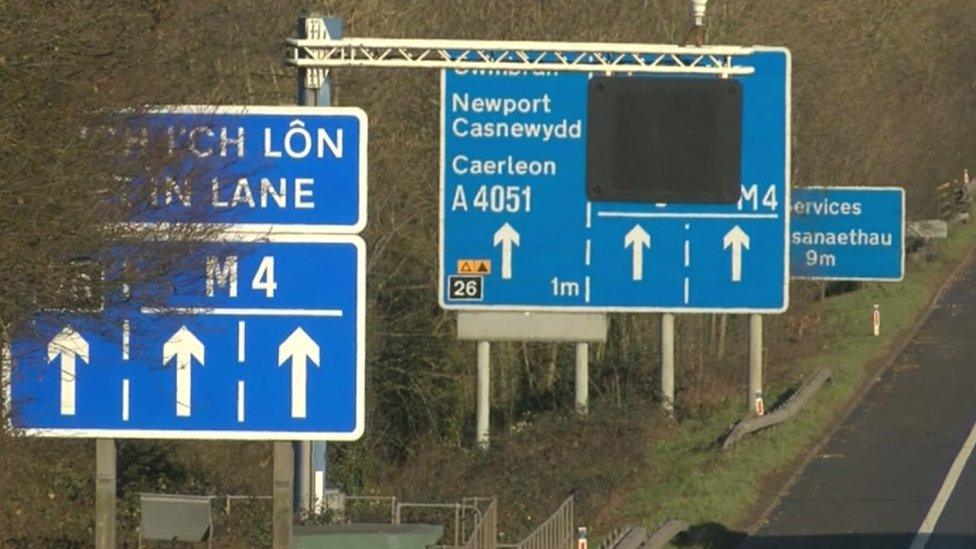
Arguments for and against building an M4 relief road have been going on for decades
What will the commission do?
Ken Skates said the commission will be tasked with finding a combination of solutions to tackle the problem - rather than a single approach.
According to the minister it will:
consider "the needs of current and future generations" and take into account climate change and other social, economic, cultural and environmental issues
consider the views of the public, the future generations commissioner Sophie Howe, business and environmental groups and others
operate independently of the Welsh Government
advise on "innovative interventions and funding solutions"
make recommendations "in light" of the first minister's rejection of the relief road
But Mr Skates warned there will not be a "blank cheque" to pursue pet projects.

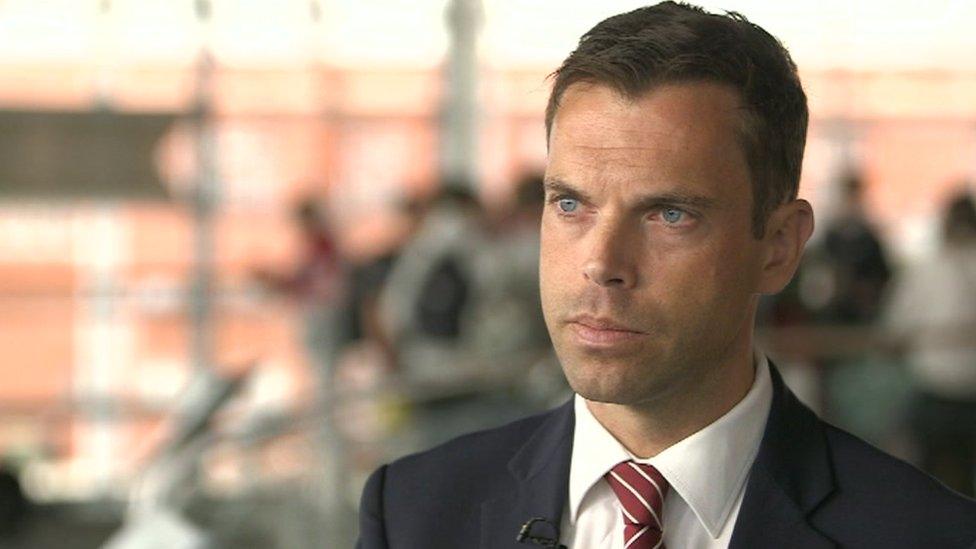
Ken Skates said no single alternative would have had the impact of the relief road
Speaking to Claire Summers on BBC Radio Wales, the economy minister said the Welsh Government recognises "that no single alternative would have the beneficial impact the black route would have".
"However, the sequence and combination of alternatives could significantly reduce congestion," he claimed.
He said measures could be implemented before the interim findings are released in six-months' time if the commission suggests ideas sooner.
Mr Skates said some proposals, like "a greater use of alternative routes", needed to be examined.
They include the Heads of the Valleys A465 road, which he said "could remove many thousands of vehicles from the M4" by allowing traffic from the north and Midlands to bypass Newport.
'Cannot be unaffordable'
Bus routes and services, rail enhancements also need to be "carefully considered", he said.
Mr Skates, in a later interview, said "road-based solutions could be part of the consideration of the commission".
Asked to confirm if another relief road could be built as long as it was cheaper, Mr Skates told the BBC's Wales Live programme: "It would have to meet the requirements of the first minister - for example that it cannot be unaffordable and that it must meet all of the safeguards for the future of the environment and not contribute massively to climate change."

Life on the coastal wetlands between Newport and the Severn estuary
What did the inspector say?
In his report following the inquiry, planning inspector Bill Wadrup said congestion on the M4 could "not be addressed by public transport improvements".
Delays incurred by a further analysis of public transport ideas "would only cause the acute problems to fester appreciably", he argued.
He also dismissed all of the alternatives that had been given to the inquiry, and said eight of them, according to the report, were withdrawn by those who had submitted them.
"I am certain that none of the strategic alternatives advanced by objectors was better than the published scheme," he wrote.
The blue route - an alternative promoted by Plaid Cymru and others - "would create problems of visual obstruction, noise and air pollution in urban Newport, and perpetuate avoidable carbon-burn and local air pollution in the long term", the inspector found.
His report said that without the M4 relief road stop-start traffic would be the norm for many hours of the day with worsening conditions on the A48 and increases in traffic.

In the Senedd on Wednesday Labour Newport West AM Jayne Bryant asked why measures to speed up the recovery of vehicles have not "been put in place before".
Alun Davies, Blaenau Gwent Labour AM, said there was a "great deal of cynicism" and "people don't believe that you are going to achieve something through this commission".
Mr ap Iorwerth said: "I think we should be very wary of looking for things that the commission say can be done within six months. I don't think it is that kind of short-term knee-jerk response that we need."
They spoke after a topical question in the Senedd from Tory AM Russell George, who said the £114m spending was "infuriating".
"This money has come out of the pockets of the people who are already frustrated by yesterday's announcement, and this news is only rubbing salt in their wounds," he said.

Kath Lewis said M4 traffic affects her business deliveries and staff
Heather Myers, chief executive of the South Wales Chamber of Commerce, said the business community was "disappointed, exasperated and frustrated" by the decision to scrap the relief road.
"We want to have answers quickly. We have been 20 years waiting for this and we still have no plan B."
"Nothing I have seen so far will replicate what the black route would've brought us," she added.
Kath Lewis, the marketing director of Industrial Automation and Control - an electrical control system maker based in the city, said that "whenever anything goes wrong on the M4" their business is affected.
"The tunnels have been an issue for a very long time. Why weren't we dealing with it years ago?"
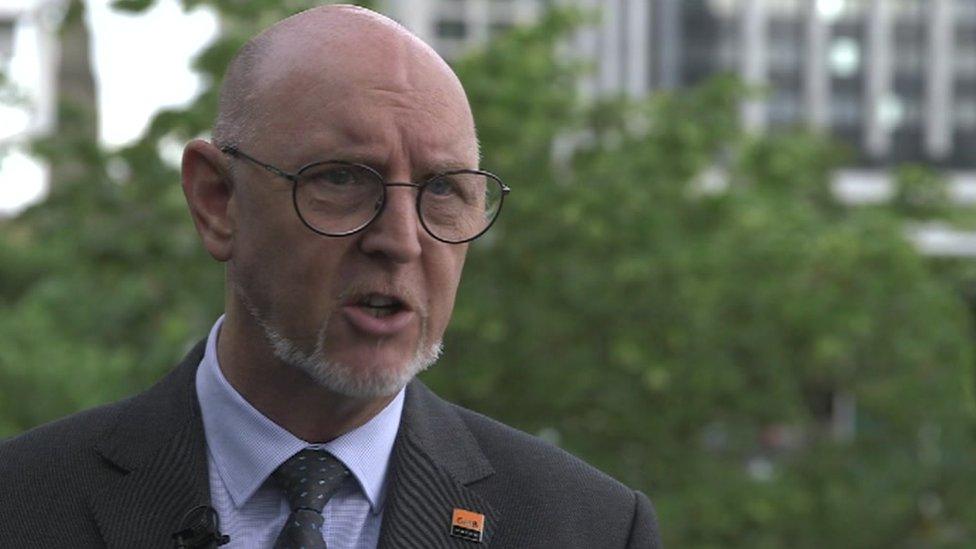
Mike Payne says "there needs to be an alternative fairly quickly"
Meanwhile former chair of Welsh Labour, Mike Payne, said members would be be feeling "frustration and disappointment" over the move.
He is a member of Labour's Welsh Executive Committee (WEC) and was on the body when the party's 2016 election manifesto, which included a promise to build a relief road, was agreed.
He said failing to deliver that commitment would bring a "backlash" if an alternative is not found quickly.
Mike Payne told BBC Wales Live: "Disappointment is going to be the over-riding feeling from those people [who agreed the 2016 manifesto]."
- Published5 June 2019
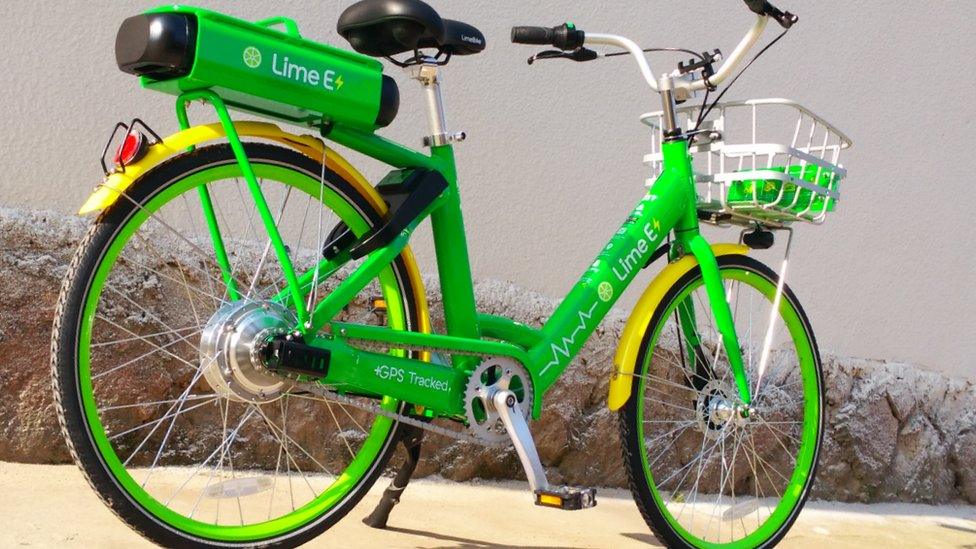
- Published4 June 2019
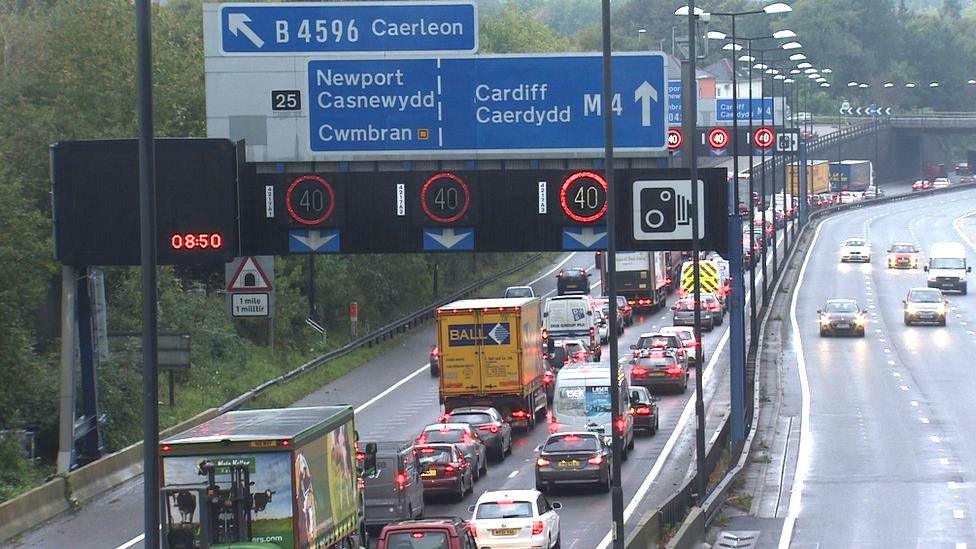
- Published4 June 2019
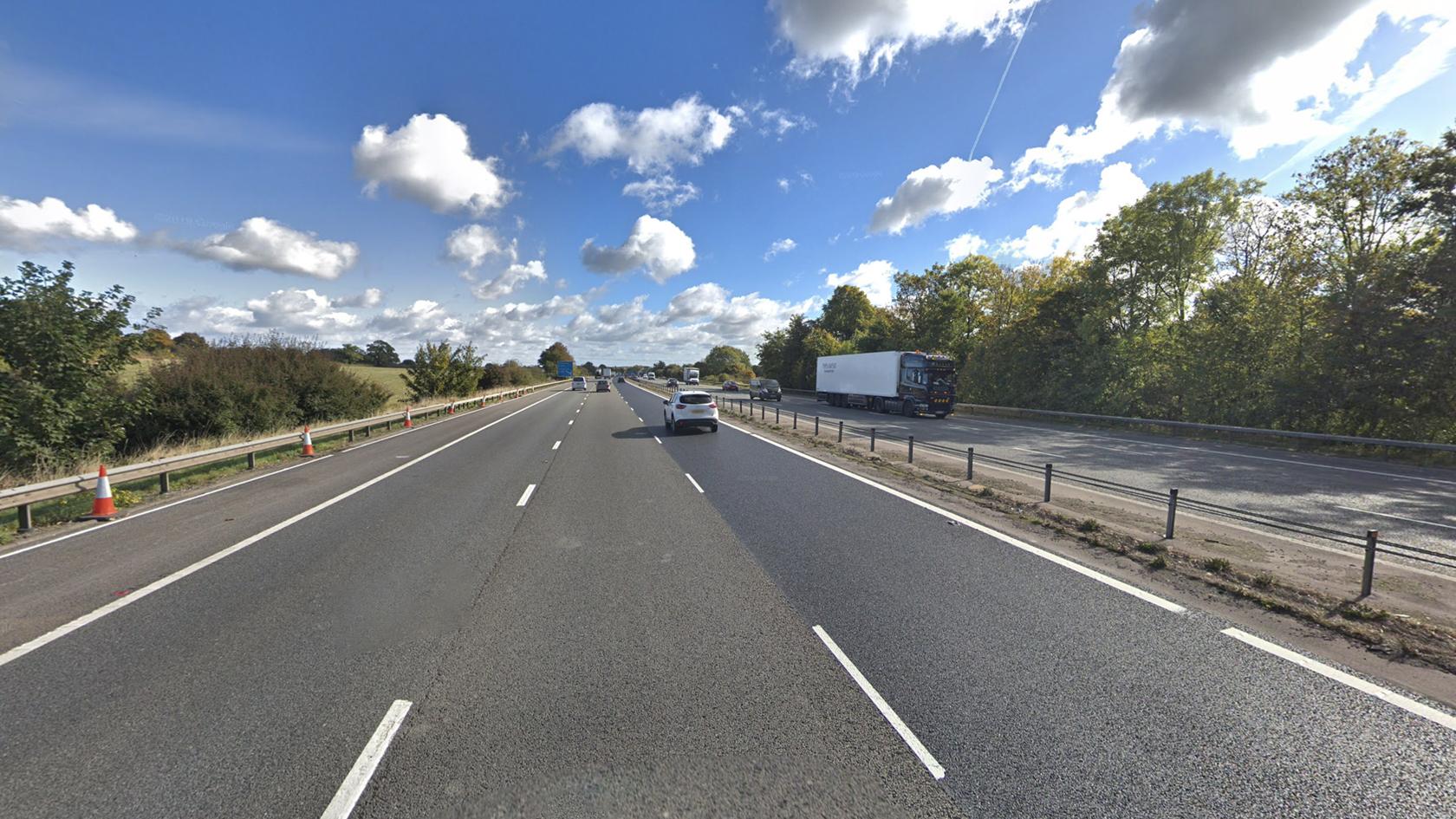
- Published3 June 2019

- Published1 June 2019
